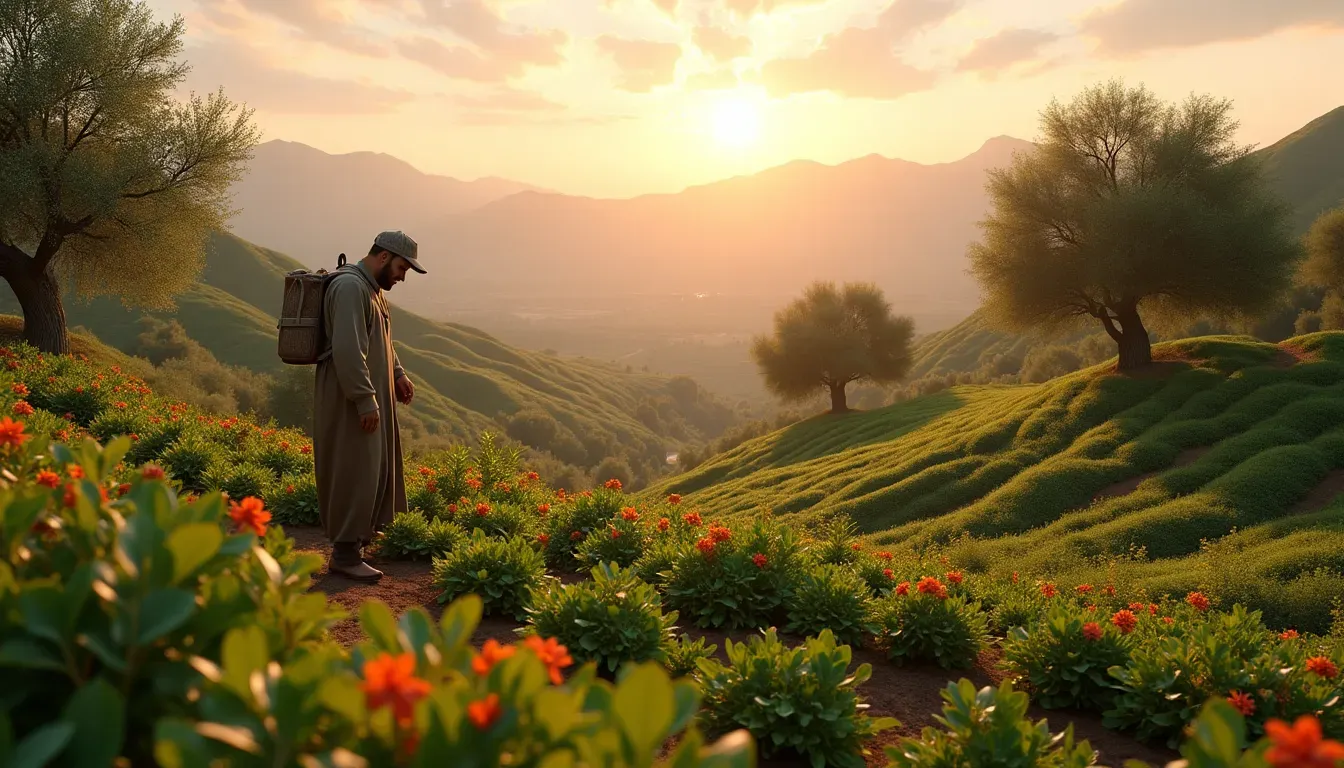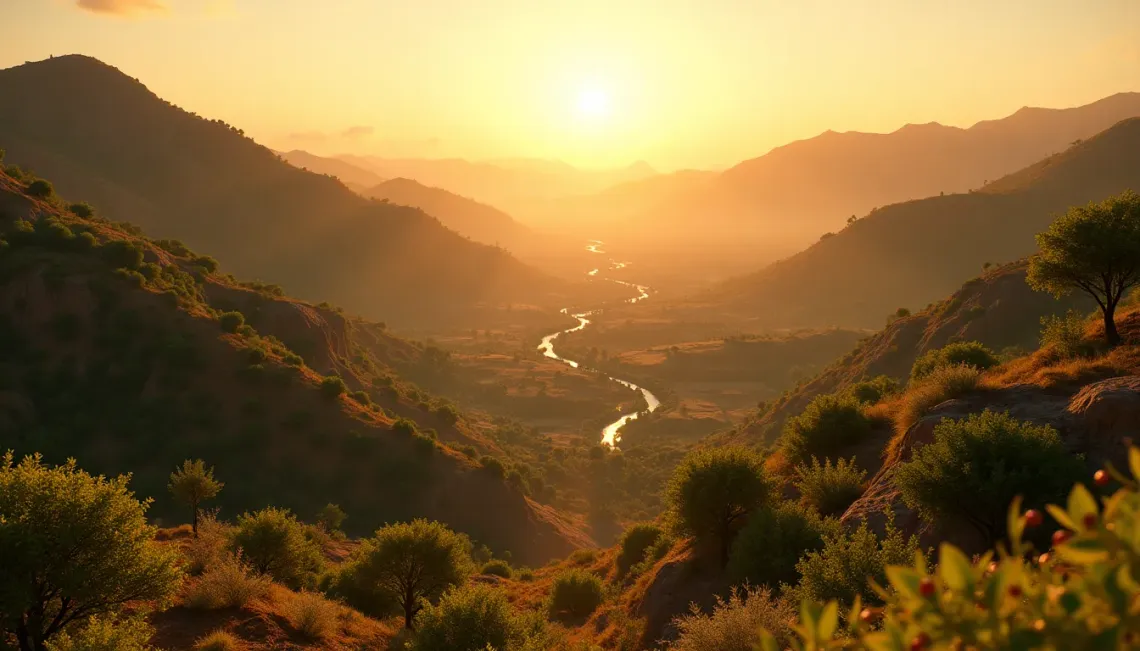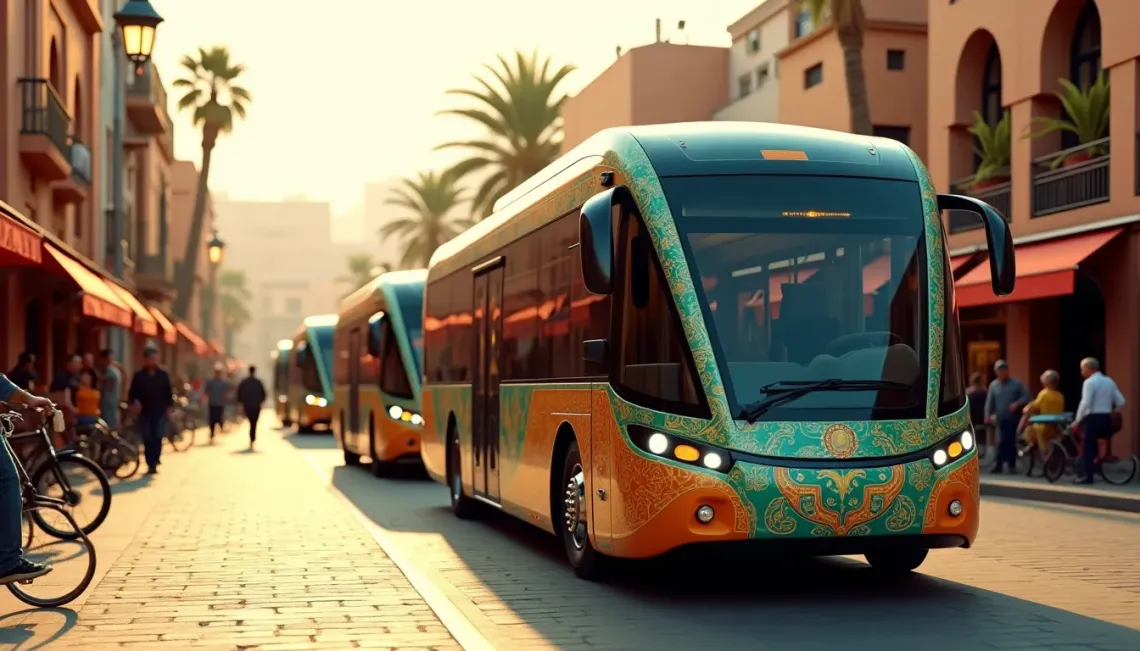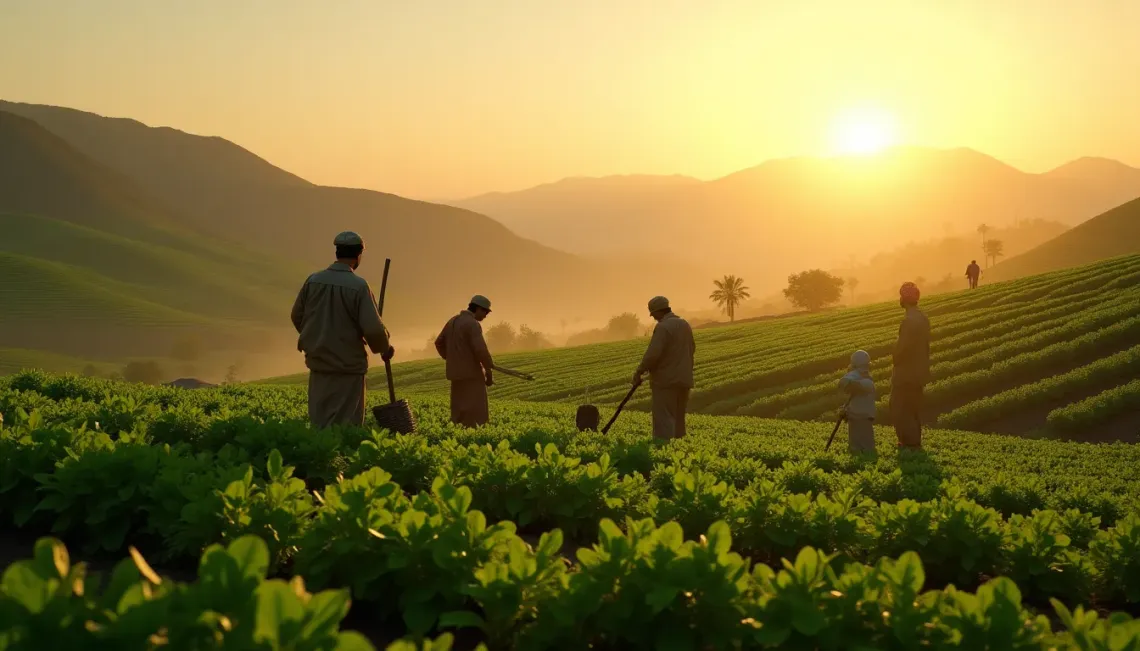In recent years, permaculture in Morocco has emerged as a remarkable approach to sustainable agriculture, combining both traditional knowledge and modern techniques. This fusion not only ensures the preservation of indigenous practices but also integrates them with innovative farming solutions to combat the challenges of climate change and resource scarcity. As Morocco navigates its agricultural future, permaculture presents a promising path that marries the wisdom of the past with contemporary advancements.
Understanding Permaculture in Moroccan Agriculture
Permaculture, a term derived from "permanent agriculture", aims to design agricultural ecosystems that are both sustainable and self-sufficient. In Morocco, permaculture takes on a unique character, reflecting the country's rich heritage and diverse landscapes. From the lush gardens of the Atlas Mountains to the arid stretches of the Sahara, integrating methods such as water conservation, erosion control, and biodiversity sustainment is crucial.
Incorporating Traditional Knowledge
Traditional knowledge in Moroccan agriculture is a treasure trove of practices passed down through generations. These methods include:
- Terracing: An ancient technique used in the mountain regions to prevent soil erosion and maximize arable land.
- Agroforestry: Combining trees and shrubs with crops and livestock to enhance biodiversity.
- Intercropping: Planting multiple crops together to improve yields and soil health.
These time-tested practices play a vital role in maintaining ecological balance, something that modern sustainable agriculture aims to emulate.
Modern Techniques Enhancing Traditional Methods
While traditional practices form the backbone of permaculture in Morocco, the infusion of modern techniques elevates their effectiveness. Key modern techniques include:
- Drip irrigation systems: These are essential in water-scarce regions, minimizing water waste while ensuring adequate crop hydration.
- Composting: Turning organic waste into nutrient-rich fertilizer, enhancing soil health without chemical inputs.
- Renewable energy integration: Utilizing solar and wind energy to power farm operations, reducing dependency on non-renewable resources.
The Benefits of Merging Practices
The merger of traditional knowledge and modern techniques in Moroccan permaculture offers numerous benefits:
- Resilience to Climate Change: By adapting farming practices that are attuned to local environmental conditions, Moroccan farmers increase resilience against erratic weather patterns.
- Economic Sustainability: Reduced reliance on expensive external inputs lowers costs and boosts local economies.
- Enhanced Biodiversity: Diverse planting strategies promote rich ecosystems, attracting beneficial insects and wildlife.
Challenges and Future Prospects
While permaculture in Morocco shows great potential, it is not without challenges. These include limited awareness, cultural resistance to change, and the initial cost of implementing modern systems. However, with increased education and government support, these hurdles can be overcome. The future of sustainable agriculture in Morocco looks promising, as more farmers embrace the synergy between age-old wisdom and cutting-edge innovations.
The integration of traditional knowledge with modern techniques in Moroccan permaculture may well be the key to achieving long-term environmental health and economic viability. As this approach continues to gain momentum, it serves as a testament to Morocco's commitment to a sustainable agricultural future. This harmonization ensures that the land remains productive, resilient, and nurturing for generations to come.




